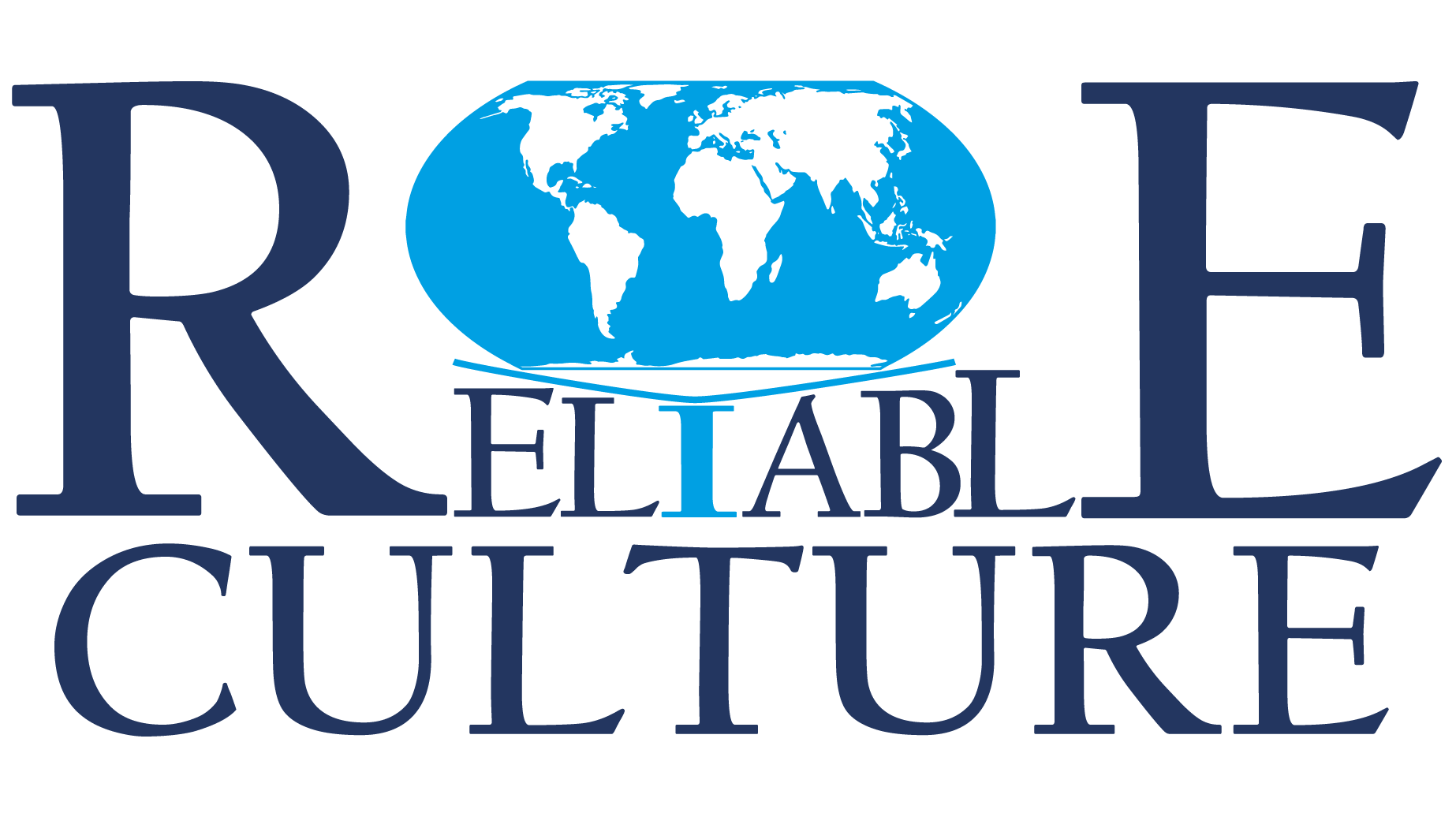The Dream has come true: to “stay” home and get paid for it. Or is it only a dream?
As the majority of the professionals might have seen it already, it’s not that simple, but for sure, the professionals that feel it is a dream come true, are the ones that have internalized the company’s goals and are doing their unconstrained best from home – and THAT can be the dream for any employer!
Let’s analyze, what could have happened to the professionals that went to “work from home” with the philosophy of “STAYING at home and getting paid for that”. Probably two things: either they got fired in one of the waves of the continuous restructuring the company was forced to go through (or they are prepared to be laid off in a coming wave), or, the level of micromanagement has increased to psychologically troubling levels. That is because even from the side of the employer, the management “knew” what behaviors they “should expect” from their professionals and have reacted according to those expectations. There are even companies that sell software to track each move the humans working for them remotely take (although I don’t recommend it: you’re welcome for the idea, micromanagers!). While that is very tempting for some cultures and for some micromanagers, it is not the most efficient way to tap into the enormous energy a human can bring in anything, including at work. As a practitioner on organizational culture, I don’t recommend going the micromanaging way AI-assisted, as you will be blocking all of your company’s options to evolve on the human side, you’ll block the possibilities to transform the company, and further to tap into the unknown (that the future will bring us, sooner rather than later).
So if micromanagement is a bad idea, what’s the other way?
If you want to stay updated regarding such articles, Subscribe below to our Newsletter!
The other way is to properly and practically use the paradigm of Organizational Culture. As a rule of thumb, whenever you transition to a new way of working, including Working from Home, the negative issues that were mildly felt in the past, will be amplified.
If you feel you can not trust your professionals, there are high chances that the feeling is mutual, and that feeling will grow exponentially when physical proximity is not possible anymore. By doing a proper diagnosis you’ll find out the main reasons for the root cause of the mutual lack of trust at an actionable level, and by doing an Organizational Transformation you’ll put the organization on its path to completely remove that draining way of working from its development path.
If you feel your people don’t collaborate good enough and you have to play “the cop” or “the parent” with them, that situation points out to a different Organizational Culture issue, that can be identified as well, and solved by following the steps above (of course, with different intermediate steps). If you feel there is too much bureaucracy or too much politics among your professionals, or simply that the departments are fighting too much between themselves, these are also Organizational culture issues, that will get amplified with a forced transition, but all of these can be diagnosed and solved by using the correct tools and methodology.
Remember, even when people are not next to each other or don’t see each other, but interact with each other, you have an Organizational Culture, and this Organizational Culture can be your best friend during hard times releasing energies which were untapped before, or, it can be your biggest enemy that will devour your business. For these reasons, we have created this special support service for our partners during these tough times.

0 Comments